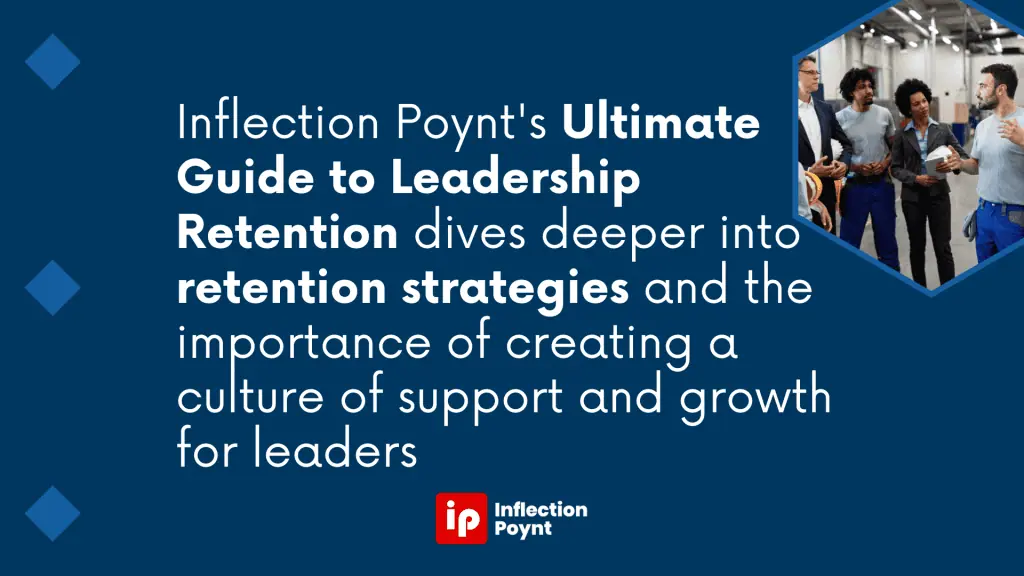The environmental services industry is critical in safeguarding our planet’s health. From ensuring clean water and safe waste disposal to conducting ecological assessments and remediating contaminated sites, these companies are on the frontlines of sustainability. However, maintaining a skilled and engaged workforce is a constant challenge. While technician turnover rates are a significant concern, losing leaders represents an even greater financial burden.
Studies estimate that a single leadership vacancy can cost an organization anywhere from 1.5 to 2.5 times the leader’s annual salary in lost productivity, recruitment, and onboarding costs. This is due to the specialized skills and experience leaders possess and the disruption caused by vacancies. Additionally, effective leadership has a direct impact on overall success. A 2020 Gallup study revealed that highly engaged teams led by strong managers experience 21% higher profitability, 22% higher productivity, and 17% lower turnover. These statistics highlight the importance of retaining influential leaders.
One of the most effective ways to foster leadership retention is by providing development opportunities. Leaders who feel challenged, supported in their growth, and equipped with the skills they need to succeed are more likely to be engaged and remain with an organization.

Investing in Growth: Why Development Matters
Beyond the financial implications of losing a leader, their departure disrupts team dynamics and impacts knowledge transfer. New leaders require time to adapt and learn the ropes, further impacting productivity. Here’s how investing in development benefits both leaders and the organization:
- Enhanced Skillsets: Development opportunities equip leaders with the latest industry knowledge, leadership skills, and technical expertise to navigate complex challenges and achieve strategic goals.
- Increased Confidence: Leaders who feel confident in their abilities are better equipped to make decisions, motivate their teams, and navigate challenging situations.
- Improved Decision-Making: Development programs focusing on critical thinking, problem-solving, and strategic planning enable leaders to make informed decisions that benefit the organization.
- Enhanced Innovation: Companies that foster a culture of continuous learning encourage leaders to explore new ideas and find innovative solutions to problems.
- Boosted Engagement: Leaders who feel supported in their professional development experience increased engagement and a stronger sense of loyalty to the organization.

Investing in leader development goes beyond simply offering training programs. It’s about creating a comprehensive approach that fosters continuous learning and growth. Read Inflection Poynt’s Ultimate Guide to Leadership Retention.
Cultivating a Culture of Learning: Strategies for Development
Environmental services companies can implement a variety of strategies to provide their leaders with development opportunities and create a culture of continuous learning:
- Leadership Development Programs: Invest in formal leadership development programs focusing on core competencies like communication, negotiation, conflict resolution, and strategic planning.
- Mentorship Programs: Pair experienced leaders with new or aspiring leaders for guidance, knowledge transfer, and career advice.
- Coaching Opportunities: Provide access to professional coaches who can offer personalized guidance and support on specific leadership challenges.
- Industry Conferences and Training: Encourage leaders to attend industry conferences and training sessions to stay updated on the latest trends and best practices.
- Tuition Reimbursement Programs: Offer financial support for leaders pursuing further education or professional certifications.
- Internal Knowledge Sharing: Create platforms for leaders to share knowledge and best practices, fostering team collaboration and learning.
By implementing these strategies, environmental services companies can demonstrate their commitment to their leaders’ professional development. This fosters a sense of value and investment in their future, ultimately contributing to increased retention and overall organizational success.

Beyond Skills: Building an Environment that Empowers
While providing specific skills training is crucial, nurturing an environment that fosters development goes beyond technical knowledge. Here are some additional ways to empower leaders:
- Empower Decision-Making: Give leaders ownership of their roles and authority to make decisions, fostering a sense of responsibility and engagement.
- Provide Resources: Equip leaders with the necessary resources to be successful, including access to technology, budgets, and support staff.
- Offer Regular Feedback: Provide constructive feedback to help leaders grow and develop their skills. Utilize regular performance reviews and one-on-one meetings for open communication and feedback exchange.
- Celebrate Achievements: Publicly acknowledge and appreciate leaders’ achievements through verbal praise, performance-based rewards, and opportunities for professional recognition.
Inflection Poynt understands the critical role leaders play in the environmental services industry. We are dedicated to helping companies develop strong leadership teams through various services, including leadership recruitment, talent acquisition strategies, and workforce solutions. Contact Inflection Poynt here to schedule your first discovery call today, or email [email protected]!



